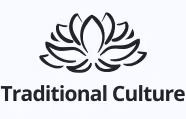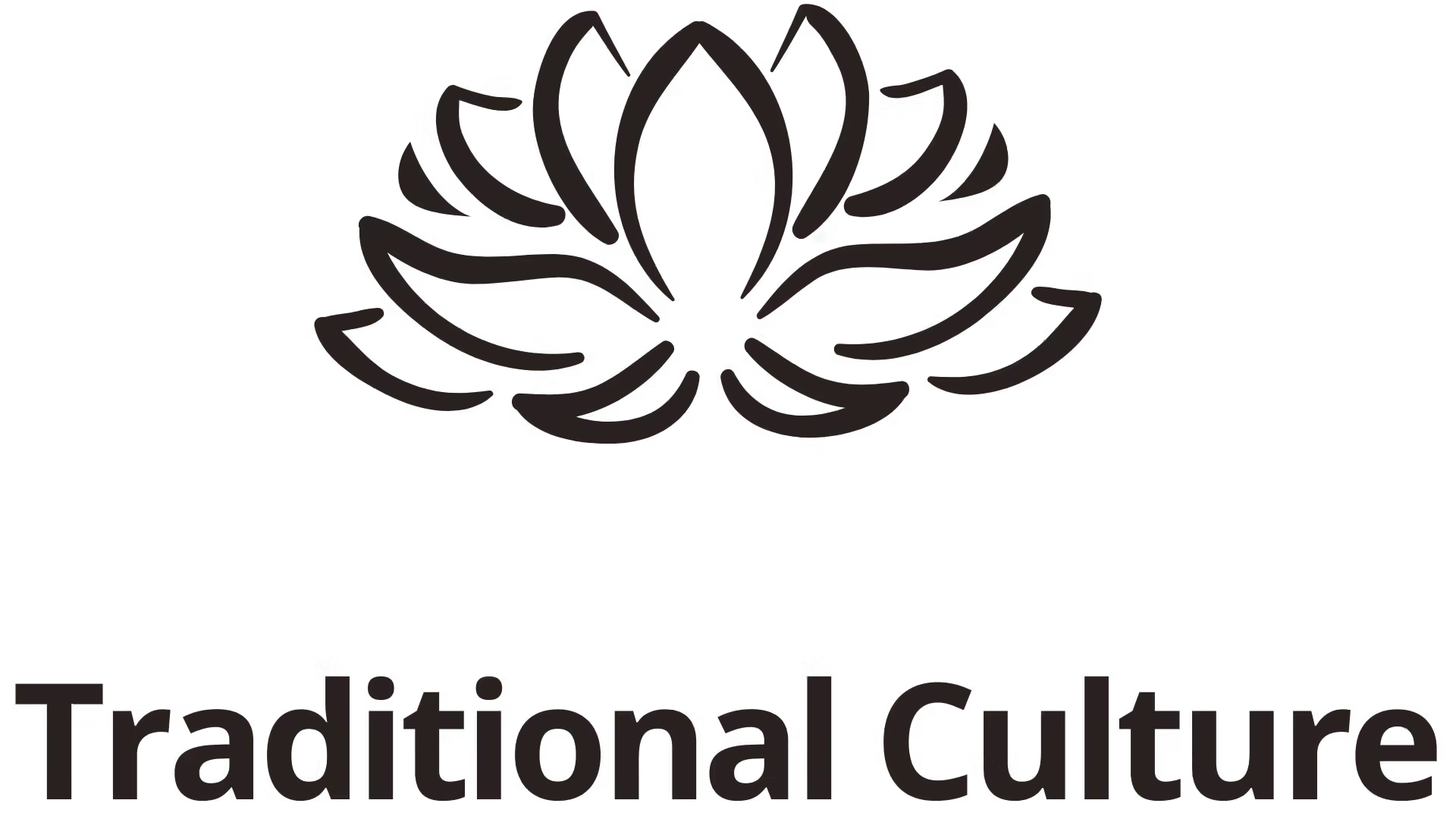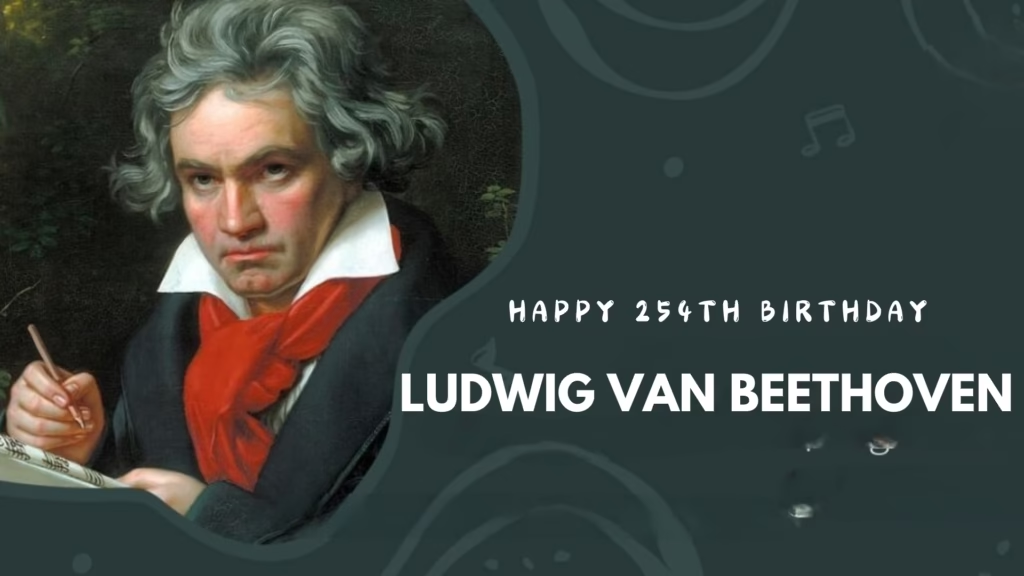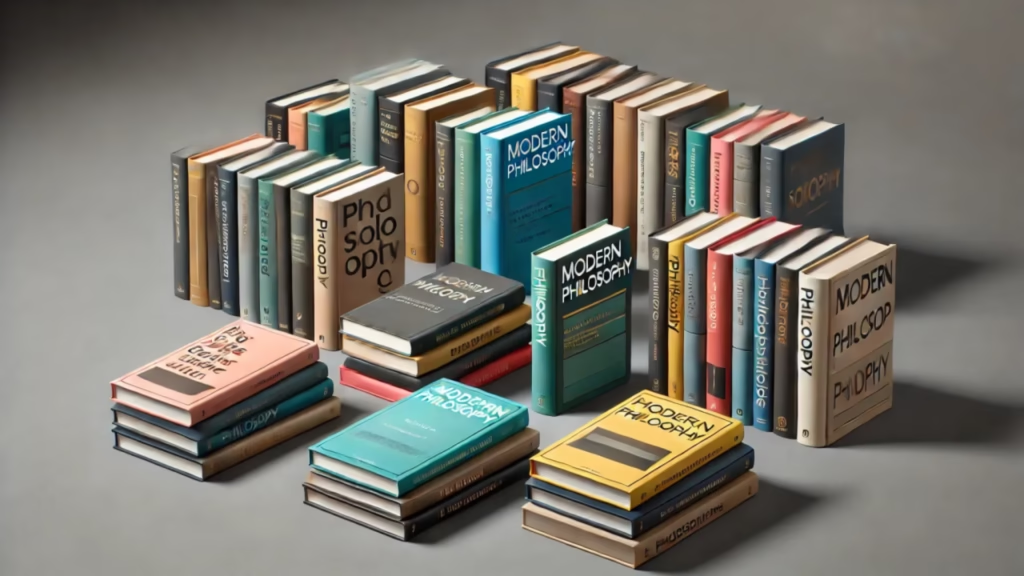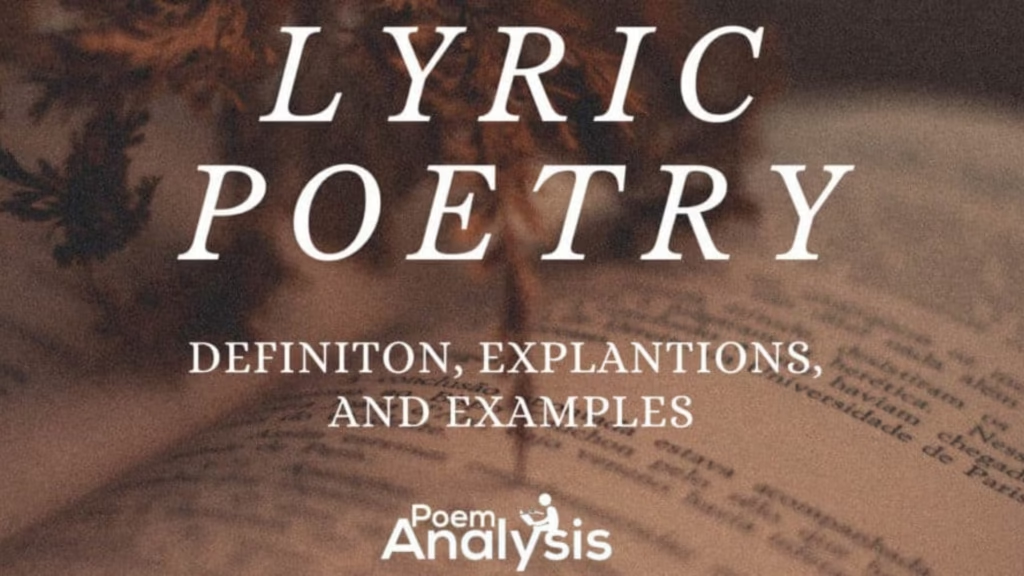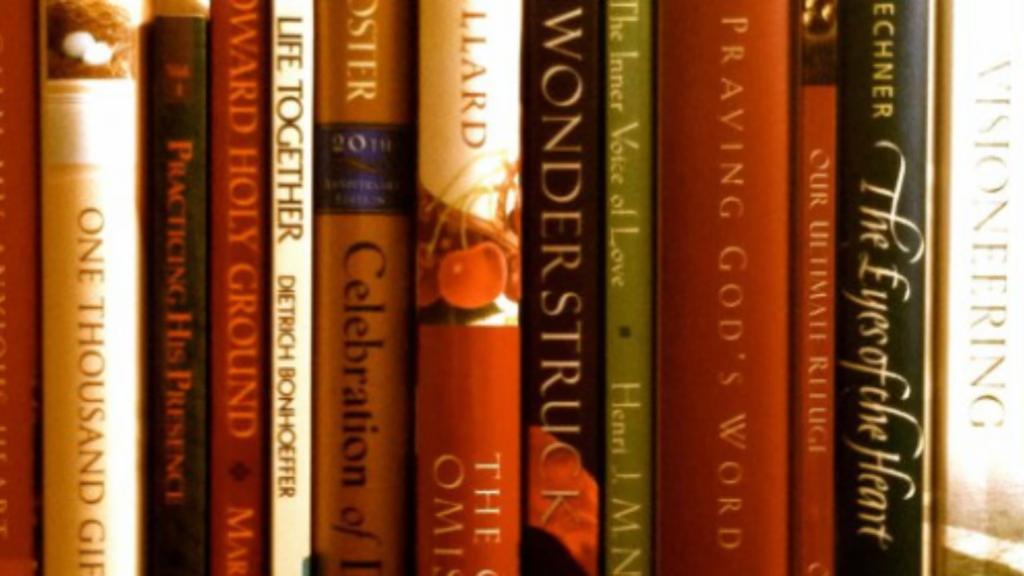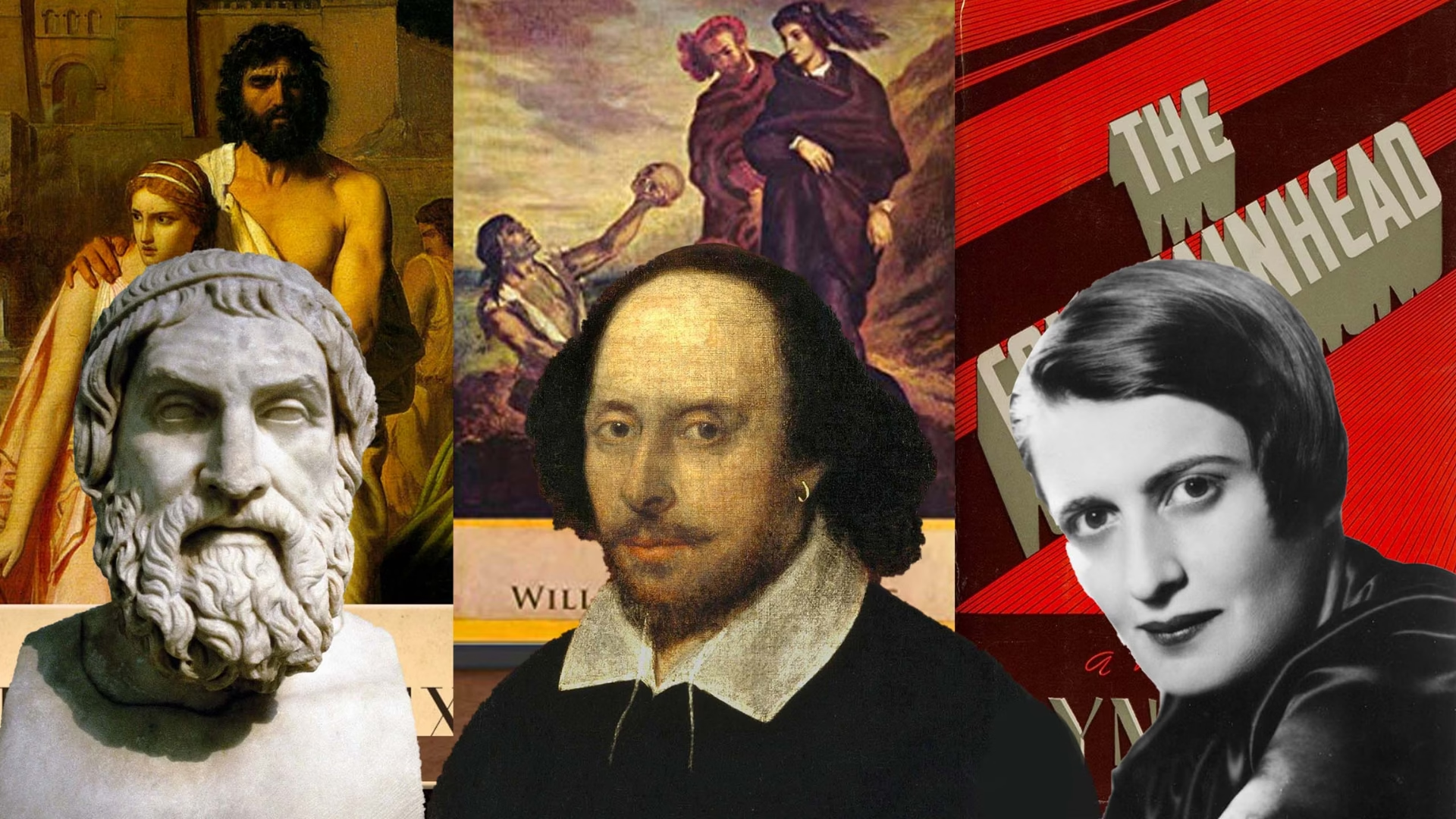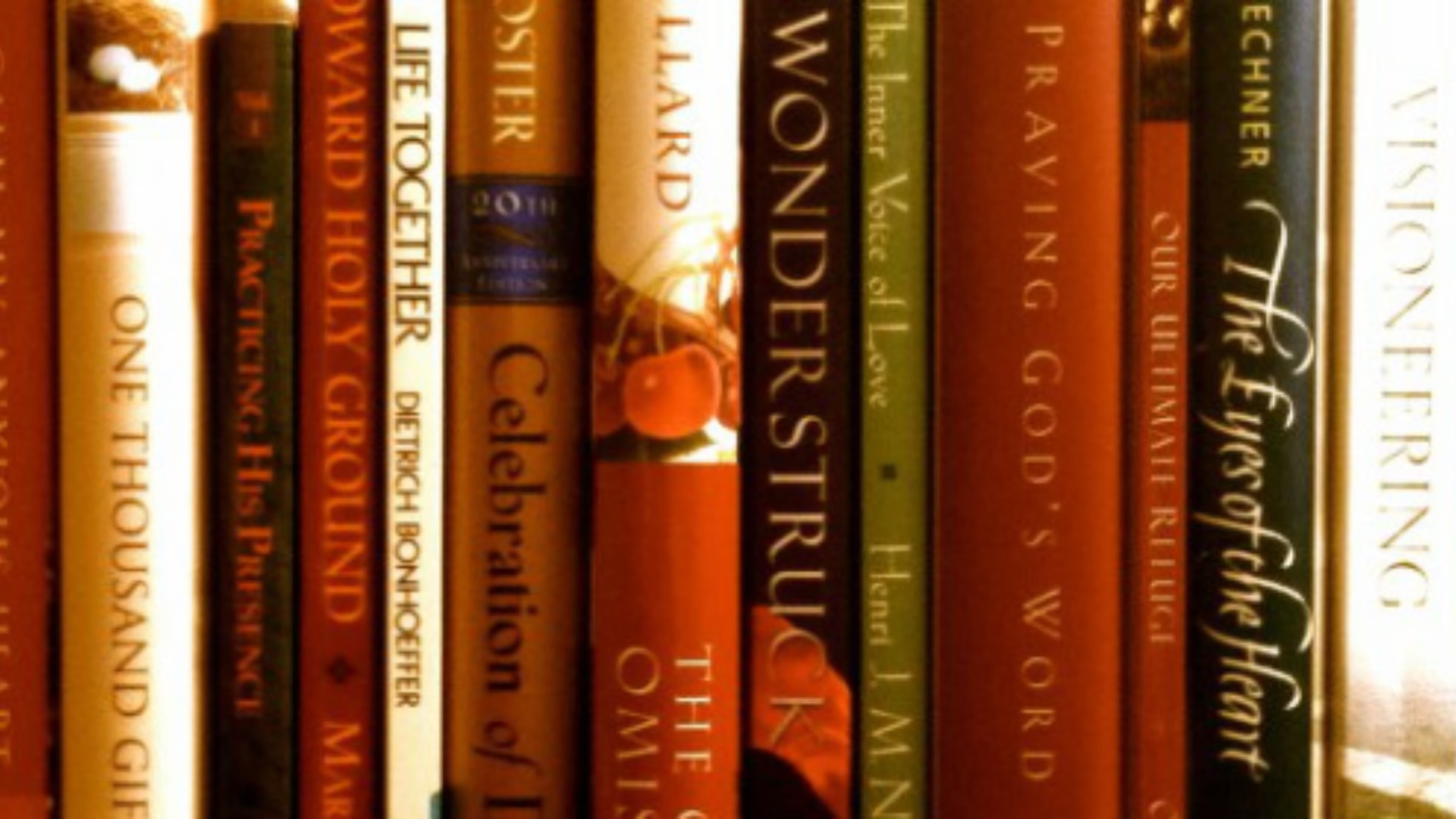The Timeless Resonance of Epic Poetry – Exploring Heroic Narratives

Epic poetry, a genre that has transcended time and cultures, stands as a testament to the human experience. Through grand tales of heroism, adventure, and moral dilemmas, epic poetry captures the essence of humanity’s quest for meaning and identity. These poetic narratives not only entertain but also serve as historical documents, encapsulating the values, struggles, and beliefs of societies throughout history. In this article, we will delve deeply into the world of epic poetry, exploring its rich traditions, characteristics, and modern adaptations.
The Roots of Epic Poetry

Epic poetry has ancient roots that can be traced back to civilizations that sought to record their histories through artistic expression. From the oral traditions of early societies to the written masterpieces of later cultures, these narratives have played a crucial role in shaping human understanding.
Origins in Oral Tradition

The origins of epic poetry lie in the oral traditions of ancient civilizations. Before written language became widespread, stories were passed down orally from generation to generation. This method allowed for the preservation of cultural heritage and collective memory. Poets, often referred to as bards or storytellers, would recount tales of legendary heroes, gods, and significant events, captivating their audiences with rhythmic language and vivid imagery.
The art of storytelling was not merely an entertainment form; it served a vital social function. These narratives helped forge communal identities and instilled shared values among listeners. They communicated fundamental lessons about courage, loyalty, and morality, reinforcing societal norms and expectations. The impact of this oral tradition can be seen in the structure and themes found in later epic poems.
Transition to Written Form
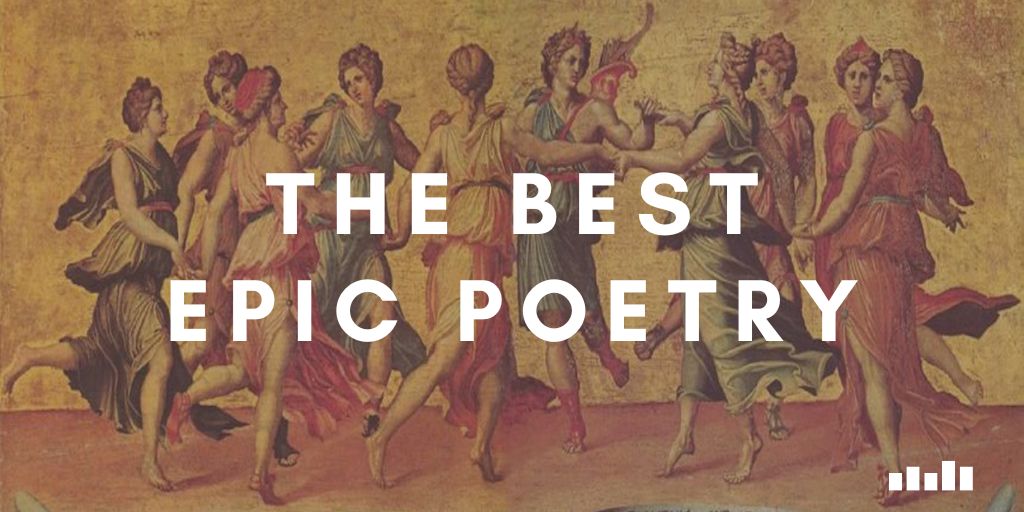
As writing systems developed, the transition from oral to written poetry marked a significant evolution in the genre. The advent of writing allowed for more complex narratives and greater artistic expression, leading to the creation of monumental works such as Homer’s Iliad and Odyssey. These texts are often regarded as foundational examples of epic poetry, showcasing elaborate plots, larger-than-life characters, and profound philosophical inquiries.
The shift to written forms not only preserved these stories for future generations but also allowed poets to experiment with structure and style. The precision of language and rhythm became essential, as poets began to craft verses that could stand alone as literary art. In many ways, the written word elevated epic poetry from mere storytelling to a respected literary genre.
Cultural Significance of Epic Narratives
Throughout history, epic poetry has played a critical role in shaping cultural identities. These narratives reflect the values, beliefs, and aspirations of the societies that created them. For instance, epics like the Mahabharata and Epic of Gilgamesh delve into themes of duty, honor, and the human condition, offering insights into the cultural ethos of their respective civilizations.
Moreover, epics often act as symbolic mirrors, reflecting the struggles and triumphs of a people over time. They provide context for understanding historical events and societal changes, allowing readers to connect with their cultural heritage. As such, epic poetry serves not only as a means of entertainment but also as a vehicle for preserving collective memory and identity.
Characteristics of Epic Poetry

Understanding the defining features of epic poetry is essential for appreciating its artistry and impact. Epics possess distinct qualities that set them apart from other poetic forms, including length, structure, and thematic depth.
Length and Structure

One of the most notable characteristics of epic poetry is its length. Epics are typically expansive, often comprising thousands of lines of verse. This extensive format allows poets to develop intricate plots and multifaceted characters, enabling them to explore complex themes and ideas. Unlike shorter poetic forms, epics offer a sweeping narrative that encompasses entire journeys, reflecting on both external adventures and internal conflicts.
In terms of structure, epic poetry often follows a specific pattern. Many epics begin in medias res, plunging readers directly into the action. This technique engages the audience from the outset, creating an immediate sense of urgency and excitement. Furthermore, epics often employ a formal style, utilizing elevated language and rhetorical devices to enhance their grandeur. The use of repetition, similes, and metaphors adds richness to the text while reinforcing key themes.
Heroic Themes and Characters
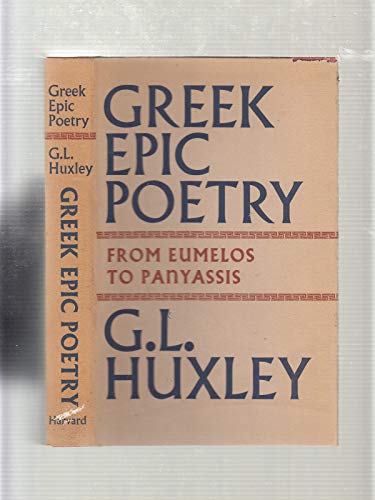
At the heart of every epic lies the concept of heroism. Central characters, often larger-than-life figures, embody ideals that resonate with their respective cultures. These heroes face formidable challenges, confront adversaries, and embark on quests that test their strength and resolve. Their journeys serve as allegories for human struggles, highlighting the complexities of bravery, sacrifice, and personal growth.
Furthermore, epic poetry explores themes of fate and destiny, particularly in relation to the individual’s role within a larger cosmic framework. Heroes frequently grapple with forces beyond their control, questioning their agency and purpose. This exploration of existential dilemmas offers readers a deeper understanding of the human condition, inviting reflection on their own lives and choices.
Moral and Philosophical Undertones
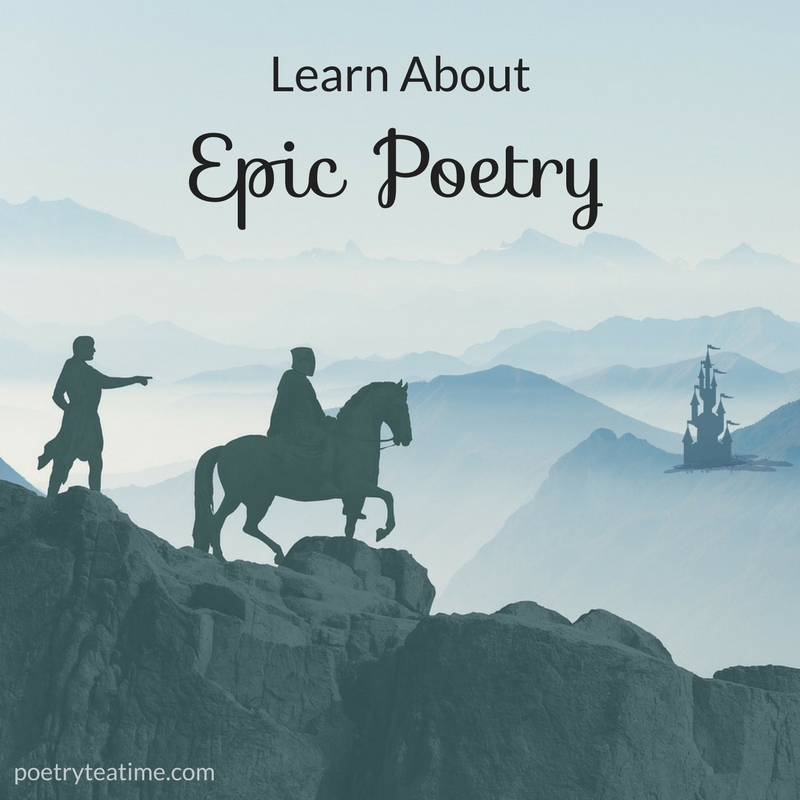
Beyond the surface-level narratives, epic poetry often delves into profound moral and philosophical questions. Epics serve as vehicles for ethical deliberation, prompting readers to contemplate issues such as justice, loyalty, and the consequences of ambition. For instance, the tragic downfall of heroes often stems from their flaws, serving as cautionary tales about hubris and moral corruption.
Moreover, epics frequently incorporate elements of spirituality and cosmology, connecting readers to broader existential themes. By intertwining mythology and philosophy, poets invite contemplation on the nature of existence, the interplay between fate and free will, and the search for meaning in a chaotic world. This multidimensional approach elevates epic poetry beyond mere storytelling, positioning it as a significant exploration of human thought and experience.
Modern Adaptations of Epic Poetry

While epic poetry has deep historical roots, its influence extends into contemporary literature and media. Modern adaptations often draw inspiration from traditional epics, reinterpreting themes and narratives for present-day audiences.
Blending Tradition with Innovation

Contemporary authors frequently borrow from the rich tapestry of epic poetry, weaving familiar themes into new narratives. This blending of tradition and innovation allows for a fresh perspective on timeless concepts such as love, war, and honor. Modern authors may reimagine classical heroes within contemporary settings, exploring how these archetypal figures navigate the complexities of today’s world.
For example, novels such as Madeline Miller’s Circe reframe the story of a lesser-known figure from the Odyssey, presenting her journey through a feminist lens. By placing emphasis on character development and emotional depth, modern adaptations breathe new life into ancient narratives, making them relevant to contemporary readers. This approach not only honors the original works but also ensures their continued resonance across generations.
Epic Poetry in Film and Visual Media
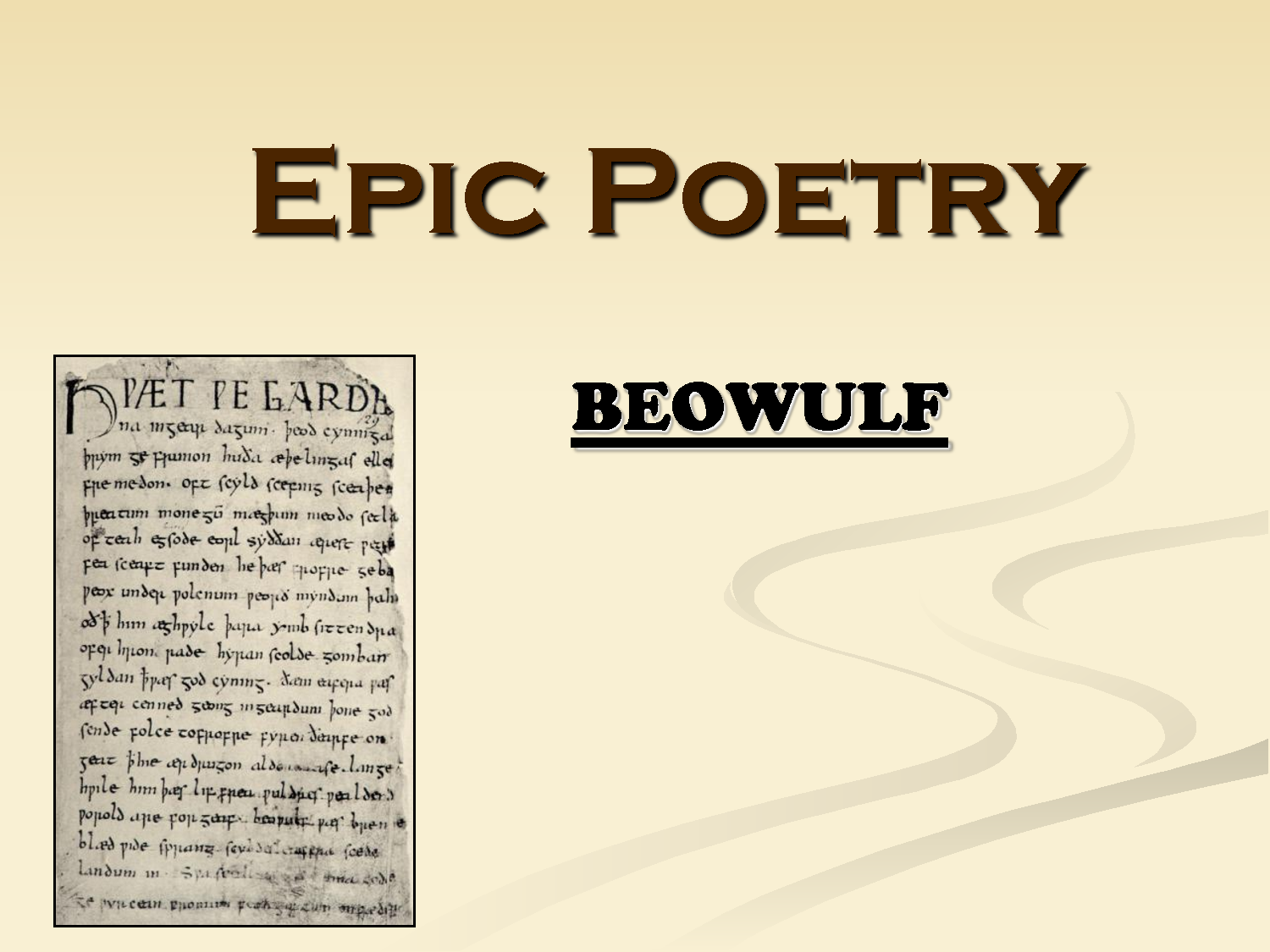
The realm of cinema has also embraced the epic tradition, translating epic poetry into visual storytelling. Films such as Gladiator and Troy capture the grandeur of ancient epics, portraying heroic figures and their struggles in visually stunning ways. By leveraging the power of cinematography and special effects, filmmakers bring epic narratives to life, immersing audiences in the vibrancy of these stories.
However, adaptations for screen often face the challenge of condensing complex plots and themes into a limited timeframe. Filmmakers must make choices about which elements to emphasize, potentially altering the depth of character development and philosophical exploration inherent in the original works. Despite these challenges, cinematic interpretations can introduce epic poetry to wider audiences, sparking interest in the literary roots of these adaptations.
Thematic Resonance in Contemporary Society
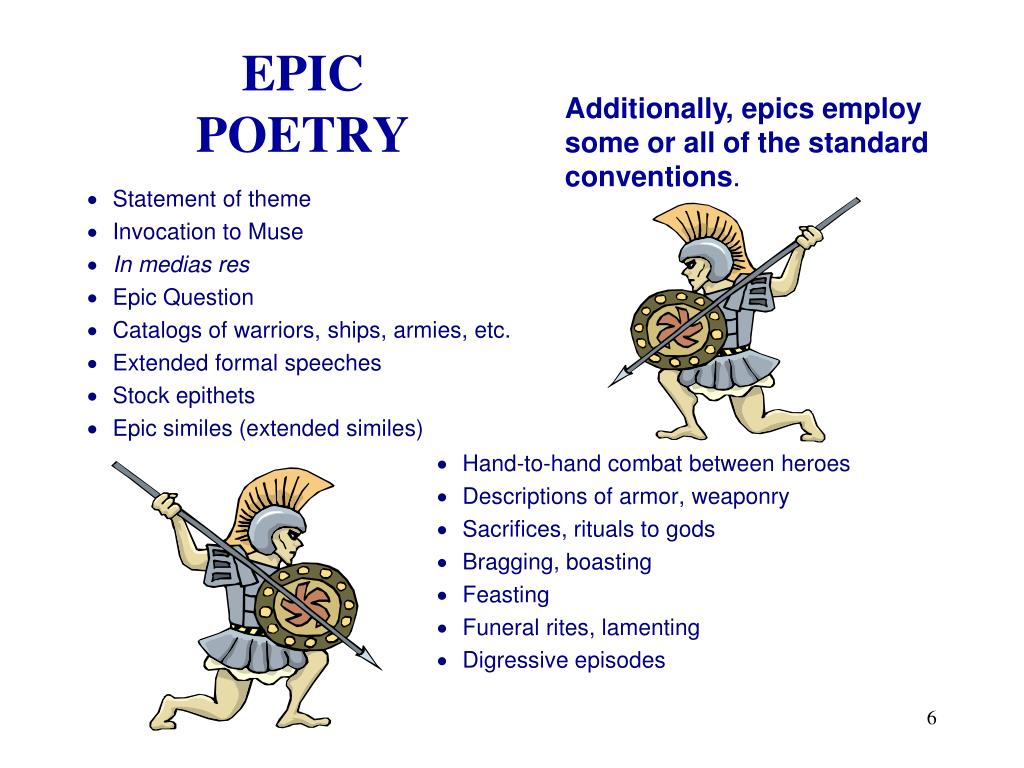
Modern adaptations of epic poetry frequently mirror the concerns and anxieties of contemporary society. Themes of identity, displacement, and moral ambiguity resonate strongly in the current cultural landscape. Authors and creators explore the struggles of individuals facing societal pressures, drawing parallels to the heroic journeys depicted in classics.
Additionally, the exploration of alienation and existential crises in contemporary narratives reflects the enduring relevance of epic poetry. Just as ancient heroes grappled with their place in the world, modern characters navigate the complexities of modernity, grappling with questions of belonging, purpose, and connection to others. This thematic resonance underscores the timeless appeal of epic poetry, demonstrating its capacity to speak to generations of readers and viewers.
Conclusion
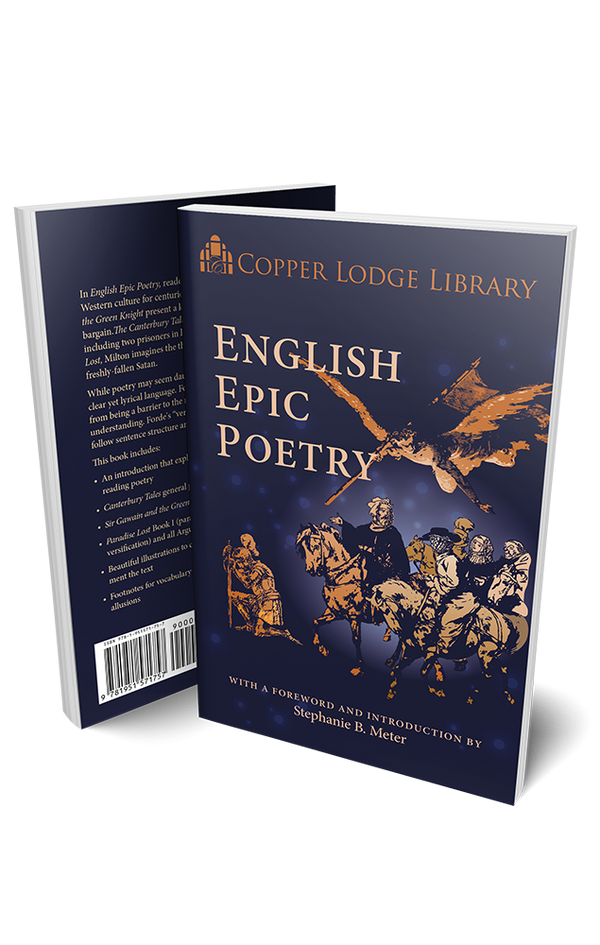
In conclusion, epic poetry remains a powerful and enduring literary form, capturing the essence of the human experience through heroic narratives and profound philosophical explorations. From its origins in oral tradition to its modern adaptations, epic poetry continues to resonate with audiences, illuminating the complexities of love, honor, and the pursuit of meaning.
The rich characteristics of epic poetry—its length, structure, heroic themes, and moral undertones—provide a unique lens through which readers can engage with the text. As society evolves, so too does the interpretation and presentation of these timeless narratives, ensuring their relevance and significance.
Ultimately, epic poetry serves as a bridge between past and present, connecting us to our cultural heritage while inviting us to reflect on our own journeys. As we navigate the complexities of modern existence, the lessons embedded in these ancient tales remain poignant, reminding us of the enduring power of storytelling and the universal quest for meaning.

